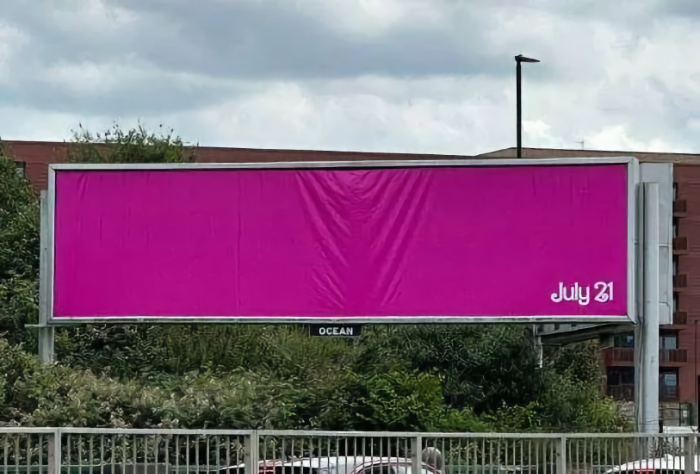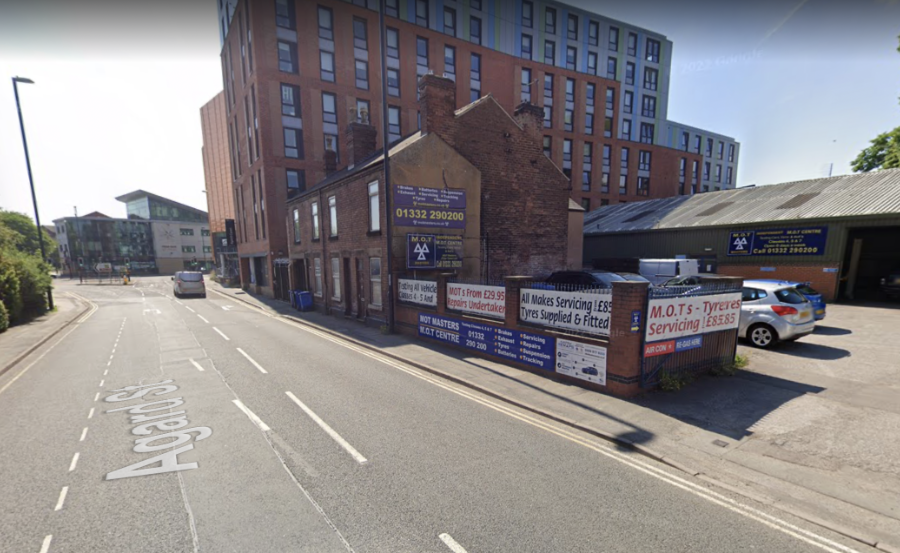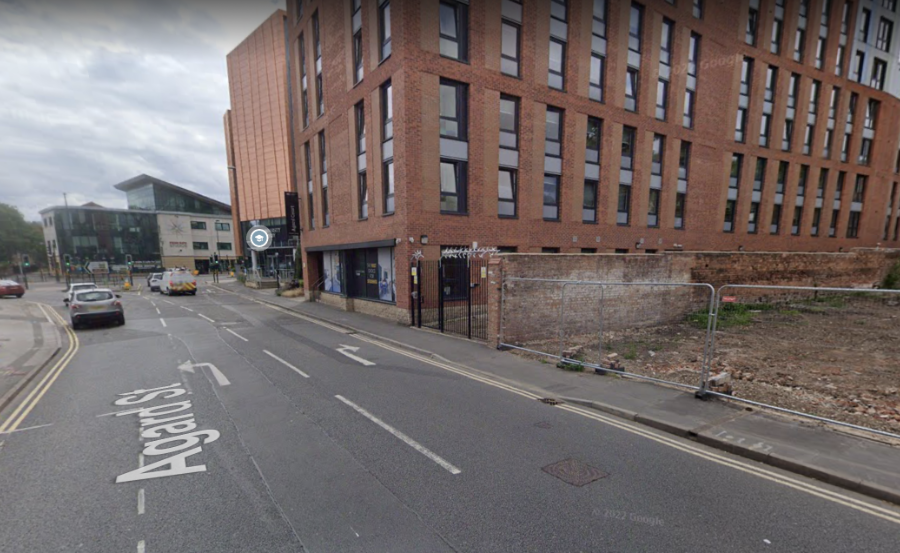It was pointed out to me yesterday that writers have never lost a strike. And it’s true, most clearly right now when the US writers’ strike has ended so well this week, but winning this time and winning every time, it does not reduce how difficult it is to strike. I don’t think it’s easy anywhere, but in the arts especially, people are living pay cheque to pay check all the time.
No one ever wants to strike, but also when it happens, you have countless networks and streamers and studios on one side, myriad writers on the other, yet it’s the writers who stick together.
I think that’s amazing in so many ways. The networks and the streamers, sure, they always want more and they always want to pay less, but we’re supposed to be the arty creatives, they’re supposed to be the hard businessmen and women. So you expect them to find it easy to stick together. After all, what affects one firm’s balance sheet affects at least most others.
This reminds me suddenly of how when I was growing up, the Conservatives in the UK and the Republicans in America were seen as the parties of business. Yet today neither party can actually organise anything, neither one can get anything to work.
Still, when money is all you measure worth by, a strike could be avoided with two minutes on a spreadsheet, not 146 days of picket lines.
Whereas writers, we tend to work alone, we don’t know what the writer next to us is being paid, we don’t know what their working conditions are — okay, we know when they’re on staff on a Disney show and still have to accept charity, but overall, we are siloed. We should be easy to pick off, we should be a target-rich environment where anyone can turn us against one another and consequently divide and rule. I’m British, I’m embarrassed to say that we know from divide and rule.
Except, of course, there is the Writers’ Guild.
Obviously it was the Writers’ Guild of America that called for the strike and it was its staff and its members who managed to hold the line and even keep pickets cheerful while executives publicly said they would just wait until the writers were losing their homes.
I’m deputy chair of the Writers’ Guild of Great Britain and you would be amazed — I was amazed — at how much work the strike and advising members with international projects caused the staff here. I didn’t appreciate that, and I had nothing to do with anything strike-related whatsoever, but I do now appreciate all the UK staff did.
I am profoundly proud to have ever been the smallest spoke on a cog within the British Writers’ Guild, and to stand with these particular people at this particular time, it’s been a privilege. I think it’s been an easy privilege for me, but if I had nothing to do, nothing I could help with, that only reduces me, it obviously doesn’t diminish all that the Writers’ Guilds of America and of Great Britain did.
And I’ll tell you, to sit there yesterday with the Writers’ Guild of Great Britain staff, having chocolate cake and a mug of tea, it was a highlight of my year.
I need the Writers’ Guild for a thousand personal reasons and I aspired to be a member for at least that many again. But we truly need the Writers’ Guild, we need all of the Writers’ Guilds around the world, and these past months have demonstrated that vigorously.
Look what they managed to do. Look what they did.



